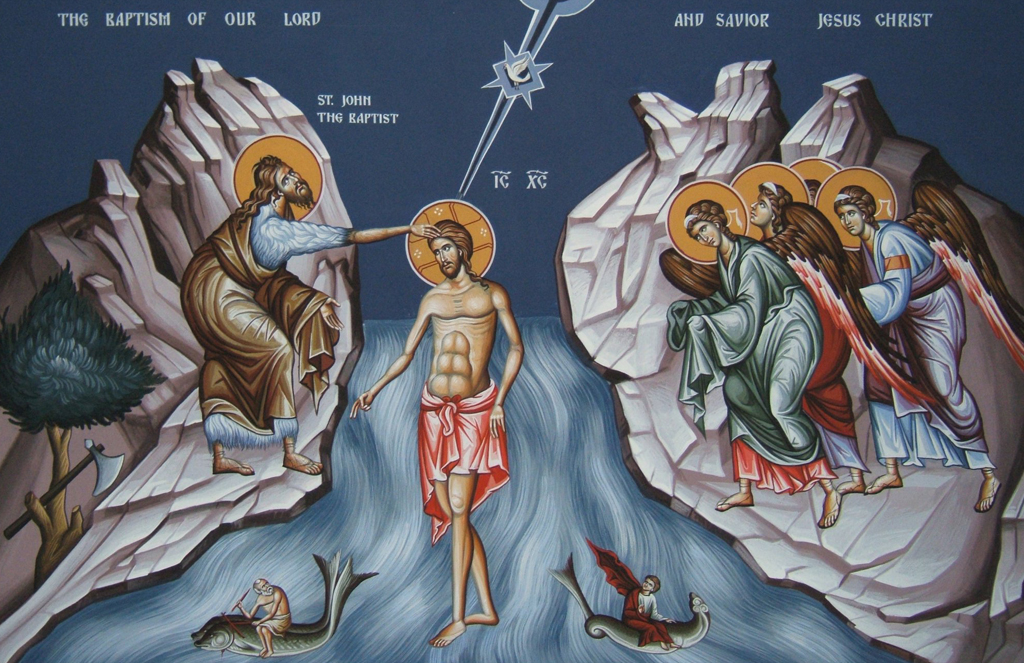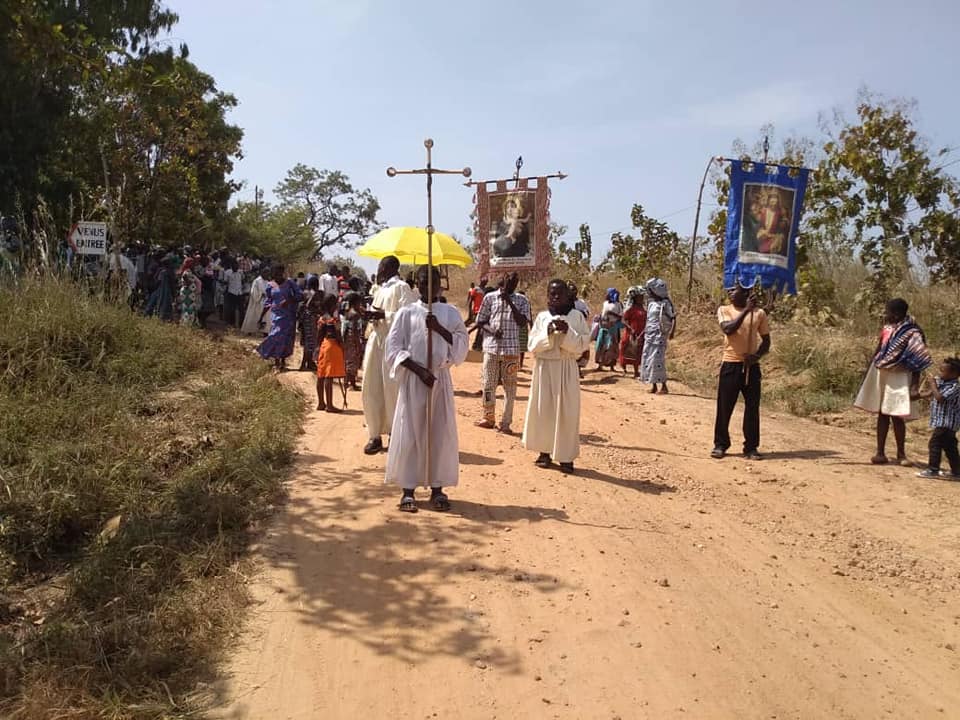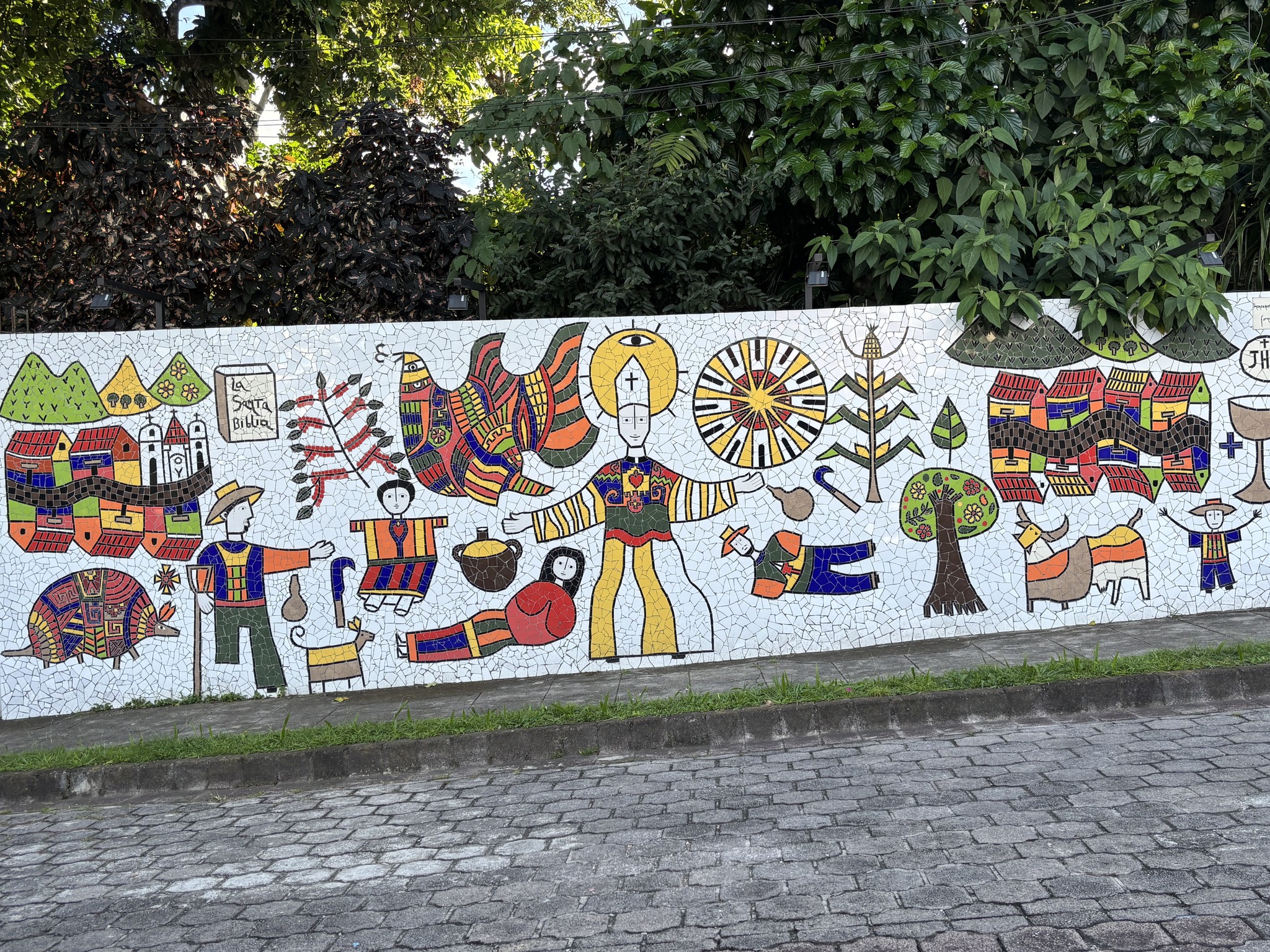This Sunday we celebrate the Feast of the Baptism of the Lord, closing the Christmas season and opening Ordinary Time in this new year. The baptism of Jesus marks the beginning of his public ministry. I remember the last time I returned to my country, Argentina. Arriving at our community house in Buenos Aires, I encountered a shocking image: Monsignor Virginio Bressanelly, SCJ, a former General Superior of our congregation and a retired bishop of more than 80 years of age, was washing the sidewalk of our house! Although I knew of his simplicity, as he had been my formator, to see an ex-general superior and a bishop doing that kind of work gave me a great surprise. I believe that John the Baptist was even more shocked when he saw his cousin Jesus coming to him, blending into the great mass of sinners, to be baptized by him.


 Follow
Follow








